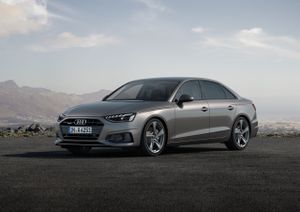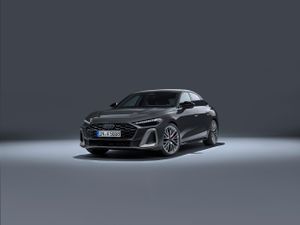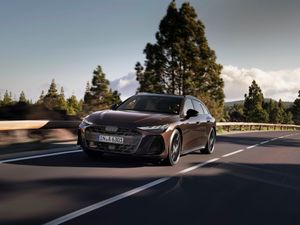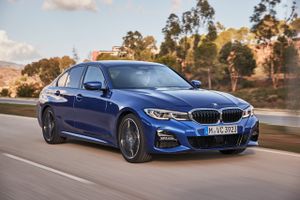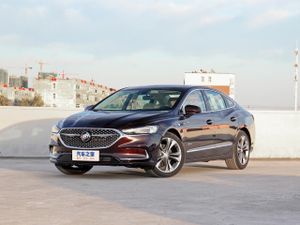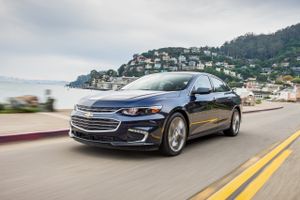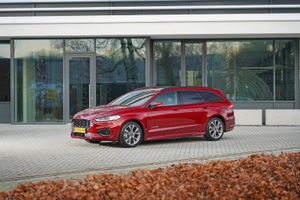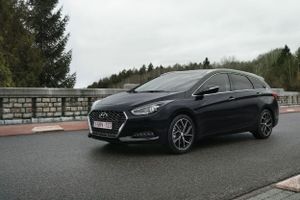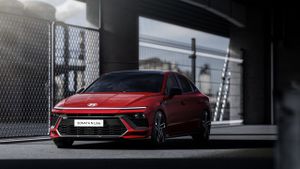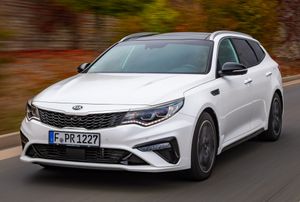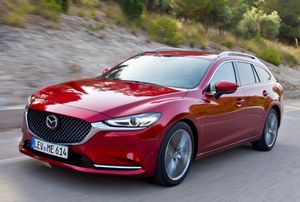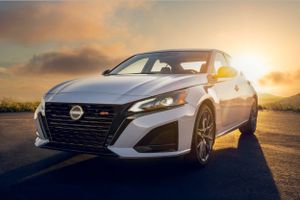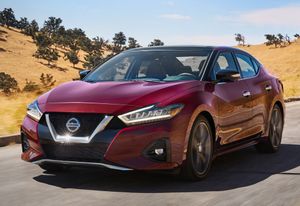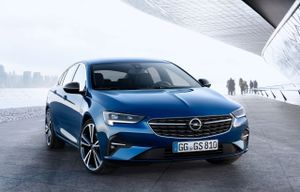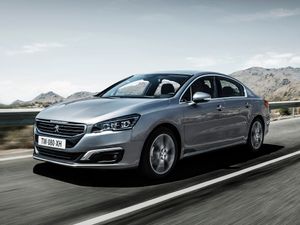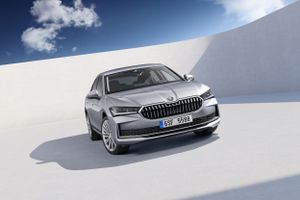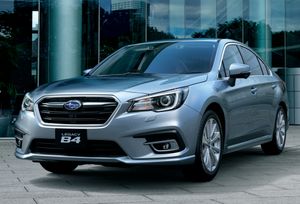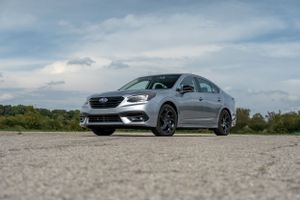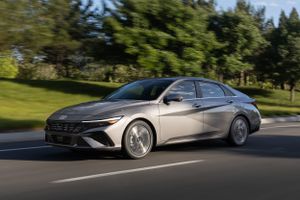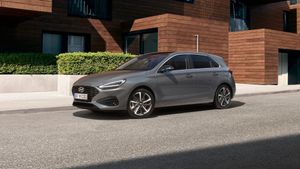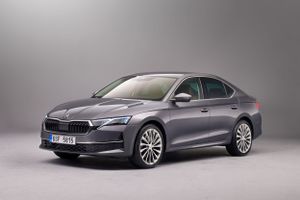Comparison of Toyota Camry and Hyundai i40
Comparison of Toyota Camry and Hyundai i40
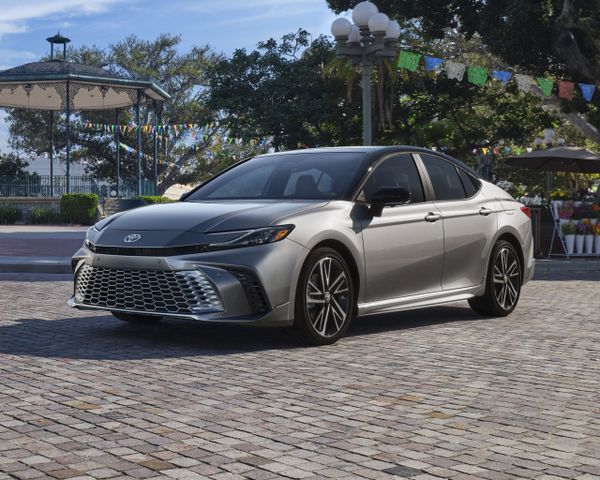
Toyota Camry
Price not determined
No one is selling yet
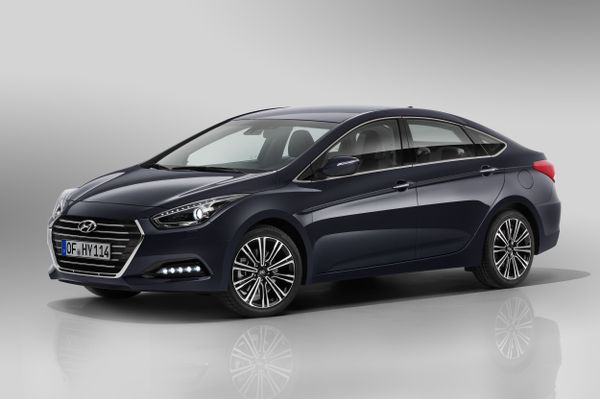
Hyundai i40
Price not determined
No one is selling yet
Characteristics
Toyota Camry and Hyundai i40
Transmission
Variable
Manual
Number of gears
6
Type of drive
FWD
FWD
Top speed
197 km/h
Acceleration to 100
11.5 sec
Fuel tank capacity
50 l
70 l
Curb weight
1 477 kg
Max weight
1 980 kg
Length
4 745 mm
Width
1 840 mm
1 815 mm
Height
1 445 mm
1 470 mm
Wheelbase
2 825 mm
2 770 mm
Front track width
1 575 mm
1 591 mm
Rear track width
1 565 mm
1 597 mm
Trunk volume min
524 l
525 l
U-turn diameter
11.6 m
Wheel size
215/60 R16
205/60 R16
215/50 R17
225/45 R18
215/50 R17
225/45 R18
Fuel consumption city
8.3 l
Fuel consumption highway
5.2 l
Average consumption
5 l
6.3 l
ECO class
Euro 6
CO2 emissions
147 g/km
Engine type
Hybrid
Gasoline
Engine location
Front, transverse
Front, transverse
Engine power system
Distributed injection (multi-point)
Direct injection (direct)
Engine capacity
2487 cm³
1591 cm³
Type of boost
No
No
Cylinder arrangement
Inline
Inline
Number of cylinders
4
4
Valves per cylinder
4
4
Compression ratio
14
11
Bore and stroke
87.5 x 103.4 mm
77 × 85.4 mm
Maximum power
228 (167 ) 6000
135 (99 ) 6300
Maximum torque N⋅m
221 5200
165 4850
Front suspension
Independent, spring
Independent, spring
Rear suspension
Independent, spring
Independent, spring
Front brakes
Ventilated disc
Ventilated disc
Rear brakes
Disс
Disс
Clearance
147
Trim version
Toyota Camry and Hyundai i40
Driver's airbag
Passenger airbag
Side front airbags
Window airbags (curtains)
Driver's knee airbag
Keyless central locking
Immobilizer
Alarm
Isofix for the back row
Anti-lock braking system (ABS)
Electronic stability program (ESP)
Emergency brake assist (BAS, EBD, EBA)
Automatic slip regulation (ASR)
Lane departure warning system
Smart Brake Support (Rear Crossing) (SBS-RC) System
Hill start assist (HAS)
Wireless Charging for Smartphone
AUX
USB
12V
Sound
Audio system
Leather steering wheel
Power window
Folding rear seat
Third rear headrest
Leather gear shift
Front center armrest
Driver's seat adjustment
Seat trim
Artificial leather seats
Fabric seats
Front seats
Heated wipers
Side mirrors
Steering wheel height adjustment
Steering wheel reach adjustment
Power steering
Power steering
Power steering
Air conditioner
Dual-zone climate control
Air conditioner
On-board computer
Power mirrors
High beam assist
Light sensor
Diameter
R17
Material
Alloy
Steel
Photos
Toyota Camry
Hyundai i40
Comparison of Toyota Camry with other cars
Comparison of Hyundai i40 with other cars
Today on the Market
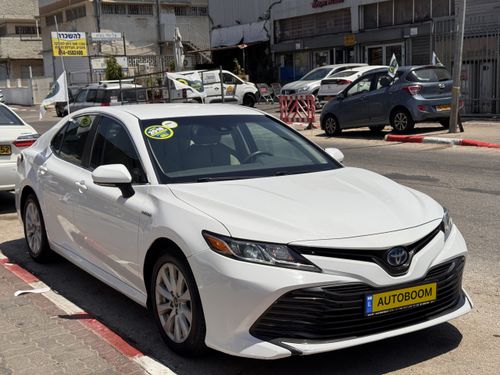
Toyota Camry, 2018
₪ 83 900

Toyota Camry, 2013
₪ 60 000

Toyota Camry, 2020
₪ 130 000

Toyota Camry, 2007
₪ 7 500

Toyota Camry, 2011
₪ 33 000

Toyota Camry, 2021
₪ 92 000

Toyota Camry, 2014
₪ 55 000

Toyota Camry, 2007
₪ 32 000
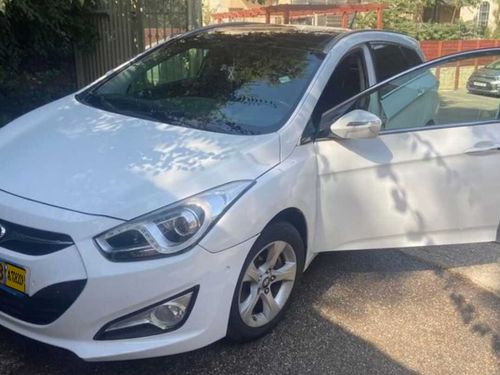
Hyundai i40, 2013
₪ 26 500
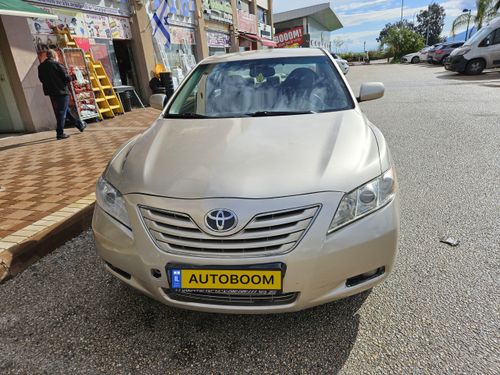
Toyota Camry, 2007
₪ 25 500
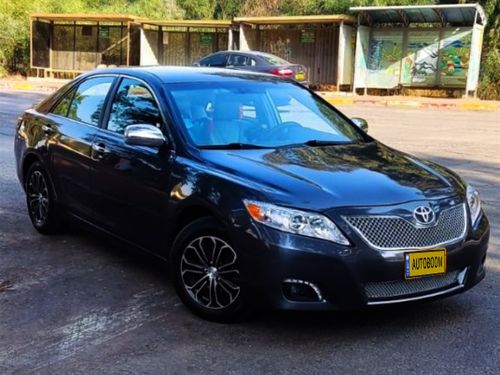
Toyota Camry, 2009
₪ 35 000
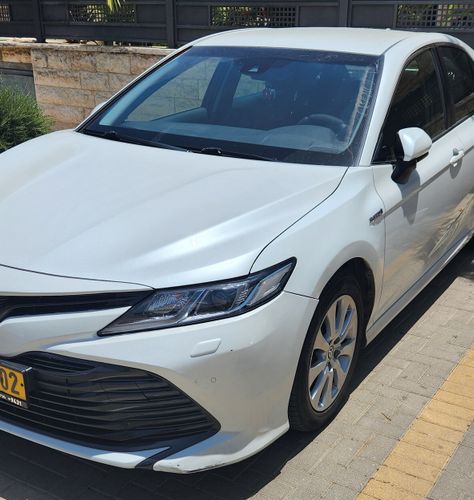
Toyota Camry, 2020
₪ 135 000
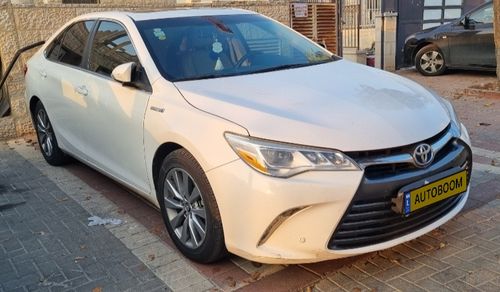
Toyota Camry, 2017
₪ 89 000
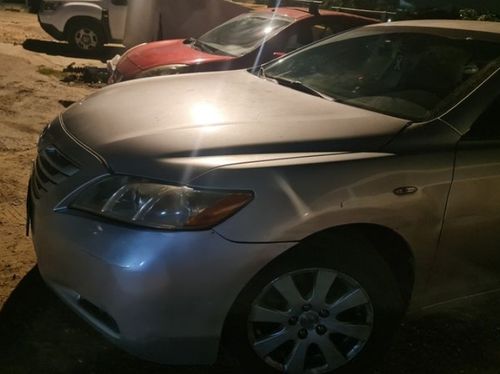
Toyota Camry, 2007
₪ 21 000
Toyota Camry, 2013
₪ 53 000
Compare similar cars Toyota Camry and Hyundai i40
Toyota Camry and Hyundai i40 are two popular cars, each with its own unique advantages and features. The choice between Toyota Camry and Hyundai i40 depends on the driver's needs and preferences.Toyota Camry and Hyundai i40 are two popular cars, each with its own unique advantages and features. The choice between Toyota Camry and Hyundai i40 depends on the driver's needs and preferences.
